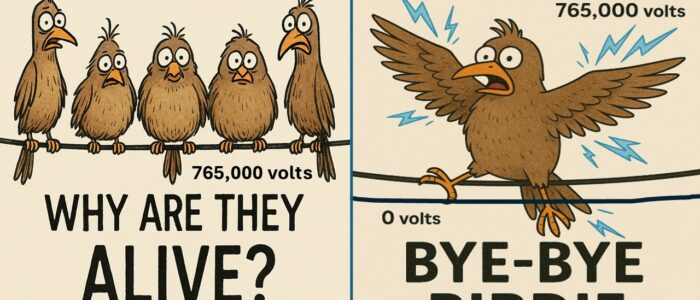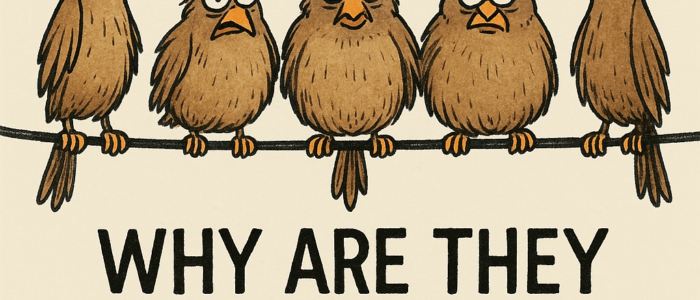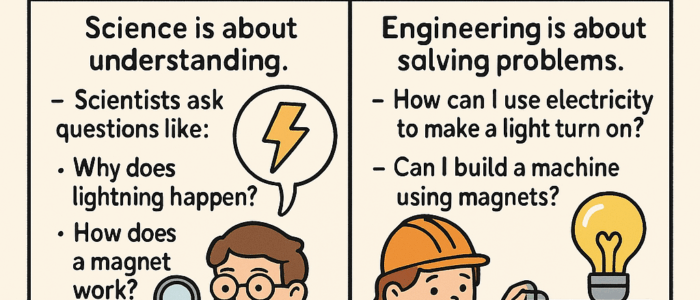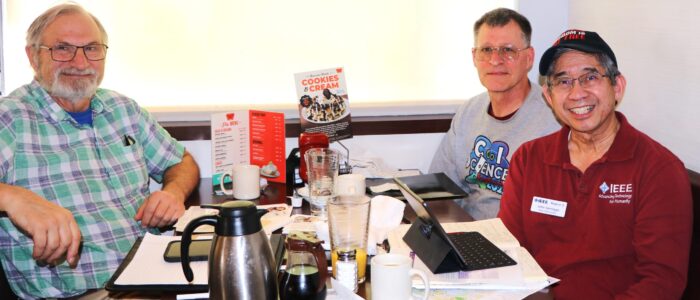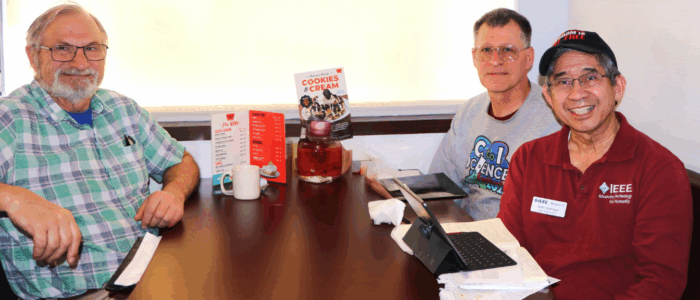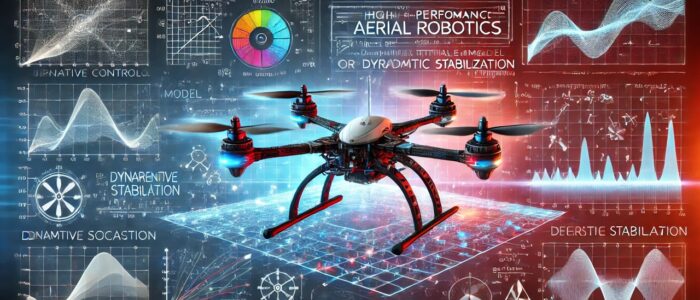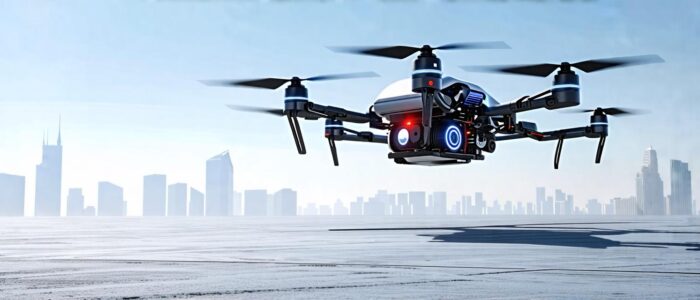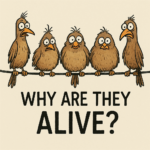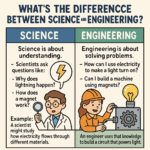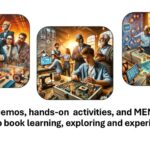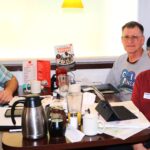2025-RMS-ASEE Conference
Dr John Santiago is planning to attend the 3-day conference (14-16 May) presenting is paper on 14 May 2025, entitled, Igniting Entrepreneurial Mindsets through AI-Assisted STEAM Content Creation Using Camtasia.
The tabs below are for Dr Santiago’s paper if for some reason he could not attend the conference.
<<<<<For flipbooks, right click and selection option for FULL SCREEN>>>>>
If you want active links, down load paper here: https://r5.ieee.org/pikespeak/wp-content/uploads/sites/72/sites/72/2025/05/2025-ASEE-RMS-AI-Assisted-Content-Generation_Santiago_final.pdf
https://r5.ieee.org/pikespeak/2025-rms-asee-conference
Conference Chair: Dr. Mona El Helbawy. For those in the Pikes Peak Section please contact Dr John Santiago @ john.santiago@ieee.org for additional information.
Links to conference are given below.
Conference Program: Conference Program | 2025 ASEE RMS Conference | University of Colorado Boulder
Registration: Summary – ASEE Rocky Mountain Section Annual Conference
The conference will be held at University of Colorado Boulder Rustandy and Koelbel Buildings located at 995 Regent Drive, Boulder, CO 80309.
Conference Chair: Dr. Mona El Helbawy. For those in the Pikes Peak Section please contact Dr John Santiago @ john.santiago@ieee.org for contact information.
Parking instructions are available here. We were able to secure $5 day parking passes for the conference at the C4C Parking Garage (Lot 327). Please note that we have High School graduations going on all 3 days of the conference at the CU Event Center. Traffic will be heavy, so plan accordingly. Her email is at
Moderator Script – ASEE RMS 2025 (Remote Presentation)
Title: Igniting Entrepreneurial Mindsets through AI-Assisted STEAM Content Creation
Presenter: Dr. John Santiago | IEEE Region 5 Educational Activities Coordinator
Date: May 14, 2025 | Duration: 12–20 minutes
Opening (1–2 min)
Good morning everyone, and thank you for attending the ASEE RMS 2025 session.
My name is Dr. John Santiago, representing the IEEE Pikes Peak Section.
Today I’ll share how we’ve used AI tools, mentorship pipelines, and multimedia content to transform how engineering students and educators learn, create, and lead.
I’ll guide you through six micro-videos, each under 60 seconds. After each video, I’ll briefly summarize and open the floor for 1–2 questions or comments.
Video 1: Why AI Storytelling Matters
Intro: Let’s begin with our first video, which introduces the core challenge in engineering education today—and how AI storytelling offers a new solution.
Summary: This video outlines the attrition problem in engineering and introduces the KEEN 3Cs—Curiosity, Connections, and Creating Value—as our foundation. By letting students tell stories, not just solve equations, we reignite purpose.
Optional Audience Prompt: Has your institution tried storytelling or media-based assignments in technical courses?
Video 2: The 3Cs + AI Toolchain
Intro: Now, we’ll explore how specific AI tools—ChatGPT, DALL·E, and ElevenLabs—map directly to the KEEN 3Cs.
Summary: Each tool enhances a different phase: ChatGPT = Curiosity for scripting and brainstorming; DALL·E = Connections for visualizing abstract concepts; ElevenLabs = Creating Value via engaging narration.
Optional Audience Prompt: Which of these tools do you see fitting into your own curriculum?
Video 3: Camtasia Workflow in Action
Intro: Now let’s see how we assemble these tools inside Camtasia, where story, visuals, and voice come together on one timeline.
Summary: This video shows our end-to-end workflow: students import scripts, layer visuals, and produce final videos using Camtasia’s intuitive editing features.
Optional Audience Prompt: What software do your students use for communication or design deliverables?
Video 4: IEEE Pikes Peak in Action
Intro: This fourth video shifts focus to our real-world implementation—how we scaled these efforts through the IEEE Pikes Peak Section and community outreach.
Summary: We’ve engaged 700+ students, led AI webinars across 16 Sections, and developed the STEAM-TEAMS mentorship pipeline, from Life Members to K–12 learners.
Optional Audience Prompt: Are you currently part of a mentorship program, or interested in replicating this model?
Video 5: Mindset Shift Outcomes
Intro: Let’s turn now to the human side—the mindset transformation in students and mentors.
Summary: Students began to see themselves as creators, not just consumers. They gained confidence, curiosity, and connection to purpose. This is where mentorship meets meaning.
Optional Audience Prompt: What mindset shifts do you hope to spark in your students?
Video 6: Engineering the Future – Call to Action
Intro: Our final video offers a vision for the future—and an invitation to join us.
Summary: This is a scalable model—a mentorship-first, media-driven approach to learning that any IEEE Section or university can replicate. Powered by tools like WebEx, Camtasia, and AI… and grounded in purpose.
Closing (2 min)
Thank you again for being part of this session.
You can explore all resources, videos, and contact links at:
https://r5.ieee.org/pikespeak/2025-rms-asee-conference
If you’d like to collaborate or bring this model to your institution, please reach out.
I’m Dr. John Santiago—IEEE Region 5 Educational Activities Coordinator.
Let’s mentor, create, and scale—together.
Example Video Script
Why AI Storytelling Matters
in Engineering Education
Why are so many students
leaving engineering?
The attrition rate in the first
two years is over 40%.
That’s not just a statistic.
That’s talent… lost.
Innovation… delayed.
And dreams… deferred.
But there’s a way
to re-engage them.
A way that combines
mindset…
mentorship…
and media.
It starts with the
KEEN Framework.
Three powerful habits:
Curiosity…
Connections…
and Creating Value.
When students are curious,
When they connect disciplines,
And when they know
they’re building
something that matters…
They stay.
They grow.
They lead.
That’s what we’re strategically
planning in the
IEEE Pikes Peak Section.
That is, to give selected members
and students Camtasia and
AI tools like ChatGPT
and AI-Assisted Camtasia
They stopped consuming content…
And started creating it.
These tools unlock voice,
vision, and
purpose.
It’s not just
engineering anymore…
It’s storytelling
with soul.
I’m Dr. John Santiago…
And this is how we turn
the attrition curve…
into a launchpad.
The 6 videos shown on the tab menu are all ai-assisted in terms of curating approximately 50 videos per 1-minute video.
Below are related news articles by Dr John Santiago published at IEEE Region 5 during the past year when being inspired by Bitcoin technologies with its associated and profound societal implications.
1. What If? A MAP-Future Shaped by KEYSTONE Principles and the IEEE Pikes Peak Vision
- Summary: This article explores a future where technological innovation and societal harmony coexist, emphasizing collaboration, resilience, and ethical stewardship.
- Read more: What If? A MAP-Future Shaped by KEYSTONE Principles and the IEEE Pikes Peak Vision – IEEE Region 5
2. What If One Mentor Changed Everything? A Thought Experiment for IEEE
- Summary: A thought experiment highlighting the impact of mentorship within IEEE, addressing challenges like plateauing membership growth and engagement.
- Read more: What If One Mentor Changed Everything? A Thought Experiment for IEEE – IEEE Region 5
3. Thought Experiment: Building Tomorrow’s Leaders with PyramidX-OS and IEEE STEAM TEAMS
- Summary: Imagines a world where young minds are inspired towards engineering and leadership through initiatives like PyramidX-OS and IEEE STEAM TEAMS.
- Read more: Thought Experiment: Building Tomorrow’s Leaders with PyramidX-OS and IEEE STEAM TEAMS – IEEE Region 5
4. A Leader Builds Other Leaders: A Leader’s Reflection for Engineering Students and Young Professionals
- Summary: Discusses the journey of self-leadership and team leadership for engineering students and young professionals, emphasizing that leadership is developed, not innate.
- Read more: A Leader Builds Other Leaders: A Leader’s Reflection for Engineering Students and Young Professionals – IEEE Region 5
5. Blockchain Technology and Voting Systems
- Summary: Explores how blockchain technology can enhance voting systems by providing transparency and decentralization, allowing citizens to verify that their representatives genuinely reflect their voices.
- Read more: Blockchain Technology and Voting Systems – IEEE Region 5
6. Bitcoin Miners and Decentralized Banks: The Future No One Saw Coming
- Summary: A thought experiment designed to spark curiosity and inspire new perspectives about Bitcoin, bridging technical and philosophical concepts.
- Read more: Bitcoin Miners and Decentralized Banks: The Future No One Saw Coming – IEEE Region 5
7. Thought Experiment: Blockchain’s Role to Improve and Evolve Within a Global and Existing Monetary System
- Summary: Explores how blockchain technology can enhance and evolve within the current global monetary system, fostering a deeper understanding of its potential.
- Read more: Thought Experiment: Blockchain’s Role to Improve and Evolve Within a Global and Existing Monetary System – IEEE Region 5
8. Do You See The Light In Bitcoin?
- Summary: A thought experiment aimed at bridging technical and philosophical concepts, fostering a deeper understanding of Bitcoin.
- Read more: Do You See The Light In Bitcoin? – IEEE Region 5
9. The Mysterious Satoshi Nakamoto: A Humble Engineer or STEAM-Driven Collective And Philanthropist
- Summary: Encourages young professionals to reflect on the attributes displayed by Satoshi Nakamoto, fostering a deeper understanding of the origins of Bitcoin.
- Read more: The Mysterious Satoshi Nakamoto: A Humble Engineer or STEAM-Driven Collective And Philanthropist – IEEE Region 5
10. Reimagining Global Stability: How Decentralized Technology Could Usher in a New Era of Sustainable Peace
- Summary: Imagines a world where global stability is maintained through shared cooperation and economic empowerment, moving beyond systems like Mutually Assured Destruction.
- Read more: Reimagining Global Stability: How Decentralized Technology Could Usher in a New Era of Sustainable Peace – IEEE Region 5
11. Engineering a Better Economy: Why KEYSTONE-Based Technologies Matter More Than Ever
- Summary: Discusses the potential of engineering a global economy operating on principles of harmony, sustainability, and shared prosperity through KEYSTONE-based technologies.
- Read more: Engineering a Better Economy: Why KEYSTONE-Based Technologies Matter More Than Ever – IEEE Region 5
12. What If Every IEEE Member Followed the Fibonacci Mentorship Model?
- Summary: Explores a mentorship model inspired by the Fibonacci sequence, envisioning a world where IEEE members create exponential growth in mentorship and knowledge sharing.
- Read more: Read here
13. The Bridge, the Lighthouse, and the Stars: A Leadership Metaphor for Building Legacies
- Summary: Introduces a metaphorical framework for leadership, using the imagery of a bridge, a lighthouse, and stars to guide leaders in building lasting legacies.
- Read more: Read here
14. What If Leadership Could Be Engineered?
- Summary: Examines the concept of “engineering leadership” through structured methodologies, fostering a mindset where leadership principles are approached systematically and iteratively.
- Read more: Read here
15. Make Greatness Attainable for All: Engineering Leadership That Transforms the Future
- Summary: The article “Make Greatness Attainable for All: Engineering Leadership That Transforms the Future” emphasizes the pivotal role of engineering leaders in fostering inclusive cultures, promoting equity, and building enduring legacies through metaphors like bridges, lighthouses, and constellations. It underscores the transformative power of gratitude in leadership and challenges leaders to create pathways, provide clarity during uncertainty, and cultivate collaborative environments where every team member’s potential contributes to the greater mission.
- Read more: Read here
16. Beyond the Product: Why the Engineering Process is the True Mark of Innovation
- The article emphasizes that in engineering, a robust process—characterized by curiosity, interdisciplinary collaboration, and value creation—is fundamental to achieving meaningful and innovative outcomes, with the final product serving as a testament to the efficacy of this process.
- Read more: Read here
17. Why Fit In When You Were Born to Stand Out: The IEEE Journey from GROW to GLOW to GROW
- In engineering, as in life, progress is never linear—it is an ongoing cycle of learning, innovation, and leadership. Within IEEE, this cycle is captured in the seamless transition from GROW to GLOW and then GLOW to GROW, a leadership model that empowers engineers to move beyond technical mastery and become catalysts for future generations.
- Read more: Read here
18. What If Engineering Is a Form of Stewardship?
Imagine that every law of physics, thermodynamics, and electromagnetism was placed in the universe, not by chance, but as part of a structured, pre-existing order waiting to be discovered. Now, consider this given the dramatic change we experienced during and after the COVID lockdown: as engineers, are we merely problem solvers, or are we stewards, entrusted with uncovering and applying these laws responsibly?
- Read more: Read here
19. Scaling “My Story, My Professional Home, My IEEE”
This article applies First Principles Thinking—famously used by Elon Musk—to analyze and validate a scalable storytelling solution proposed by Dr. John Santiago using Camtasia to preserve and amplify IEEE member impact. By breaking legacy mentorship barriers with multimedia tools and pilot testing an AI-assisted model, IEEE can transform storytelling into infrastructure, fostering global inspiration through local voices.
For more articles and detailed information, visit IEEE Region 5’s news page


